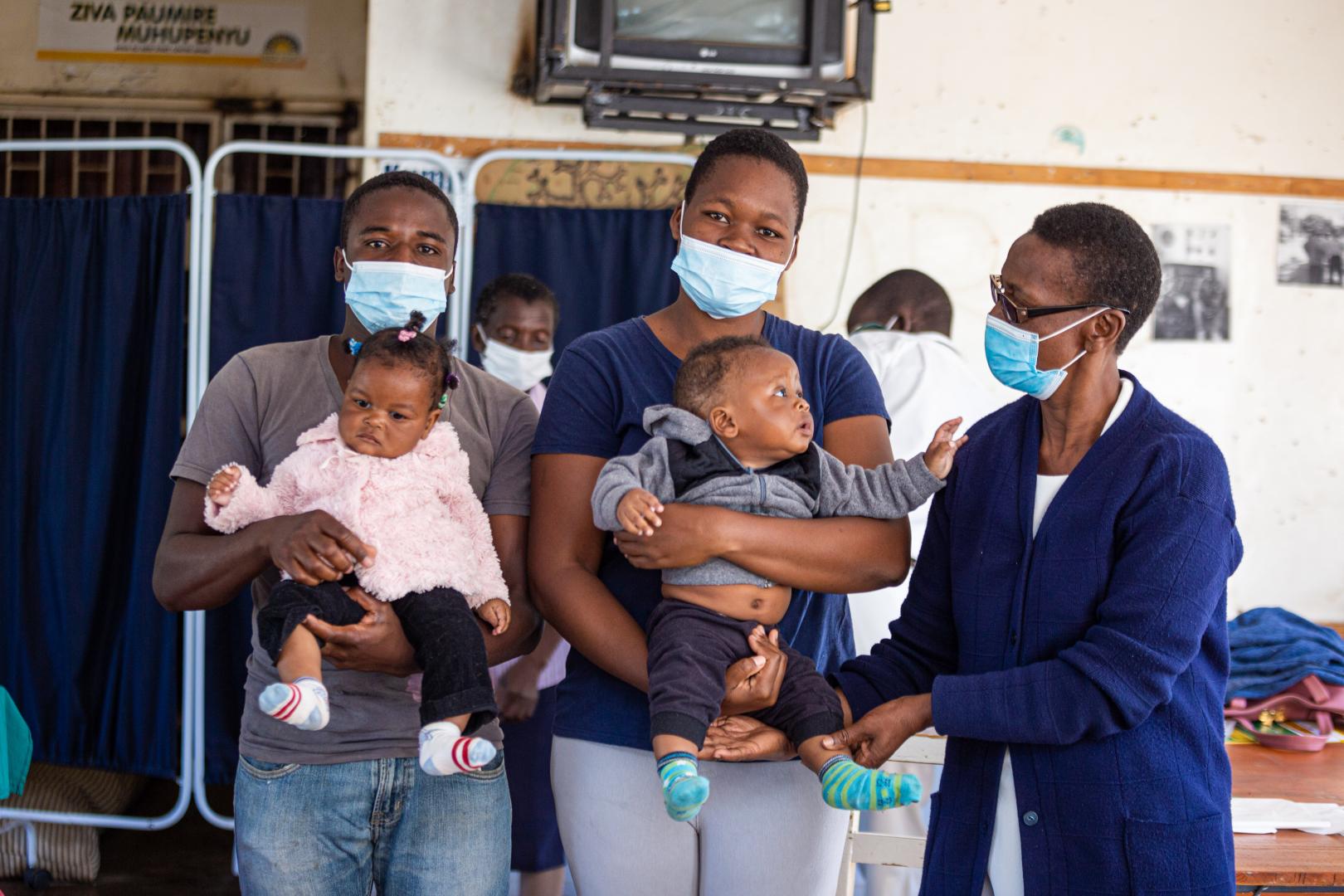CONGO BRAZZAVILLE – According to the World Health Organization (WHO) evaluation reports, advances in the delivery of essential health services between 2000 and 2019 led to an average rise of 10 years in healthy life expectancy per person in the African region.
The number of years that an individual is in a good state of health has climbed to 56 in 2019 from 46 in 2000, according to the report “The Tracking Universal Health Coverage in the WHO African Region 2022.”
High and upper-middle-income countries typically have better health care coverage and higher healthy life expectancy at birth than lower-income countries, with a healthy life expectancy of about 10 more years, according to WHO research.
The health study found that throughout the same time period, the improvement in healthy life expectancy in the African region was bigger than in any other region of the world, with a five-year rise in healthy life expectancy worldwide.
According to the Tracking Universal Health Coverage in the WHO African Region 2022 study, the healthy life expectancy rose from 46 years in 2000 to 56 years in 2019.
While still far lower than the world average of 64, the healthy life expectancy grew by only five years globally over this time.
The average percentage of people who have access to basic healthcare services increased from 24% in 2000 to 46% in 2019.
The greatest progress was made in the control and treatment of infectious diseases, but this was countered by the sharp increase in diabetes, hypertension, and other non-communicable diseases as well as the dearth of health services aimed at these conditions.
With the rapid scaling up of HIV, tuberculosis, and malaria control measures starting in 2005 the WHO report indicated that improvements in the delivery of essential health services, gains in reproductive, maternal, newborn, and child health, and advancements in the fight against infectious diseases all contributed to an increase in the average healthy life expectancy.
Dr. Matshidiso Moeti commended the endeavour across the African continent to promote population health and well-being while urging nations to step up their efforts to combat the danger of noncommunicable diseases like cancer.
“The sharp rise in healthy life expectancy during the past two decades is a testament to the region’s drive for improved health and well-being of the population. At its core, it means that more people are living healthier, longer lives, with fewer threats of infectious diseases and with better access to care and disease prevention services,” said Dr Matshidiso Moeti.
It was shown that on average, African nations experienced more interruptions across vital services compared to other areas and that the COVID-19 pandemic might potentially have a negative influence on the advancement of healthy life expectancy unless strong catch-up strategies are implemented.
2021 WHO study of 36 countries found that more than 90% of them reported one or more delays to crucial health services, with larger disruptions in vaccination, neglected tropical illnesses, and nutrition services.
However, the WHO has urged countries to increase public health spending in order to improve health services and guarantee they are adequate, of high quality, and accessible to all.
Most African countries often invest less than 50% of their national health budgets, leaving significant financing gaps.
The study showed that countries that fund more than half of their national health expenditures are Algeria, Botswana, Cabo Verde, Eswatini, Gabon, Seychelles, and South Africa.
“COVID-19 has shown how investing in health is critical to a country’s security. The better Africa can cope with pandemics and other health threats, the more our people and economies thrive. I urge governments to invest in health and be ready to tackle head on the next pathogen to come bearing down on us,” said Dr Moeti.
The WHO study also looked into different variations in the availability of health services and healthy life expectancy according to national income level and geographic location.
It was discovered that high- and upper-middle-income nations often had greater health care coverage and a higher healthy life expectancy at birth than low-income nations, with a healthy life expectancy of around an additional 10 years.
The report urges nations to step up efforts to enhance financial risk protection, reevaluate and realign the way health services are delivered with an emphasis on including non-communicable health treatments as part of fundamental health services, incorporating communities, and enlisting the private sector.

